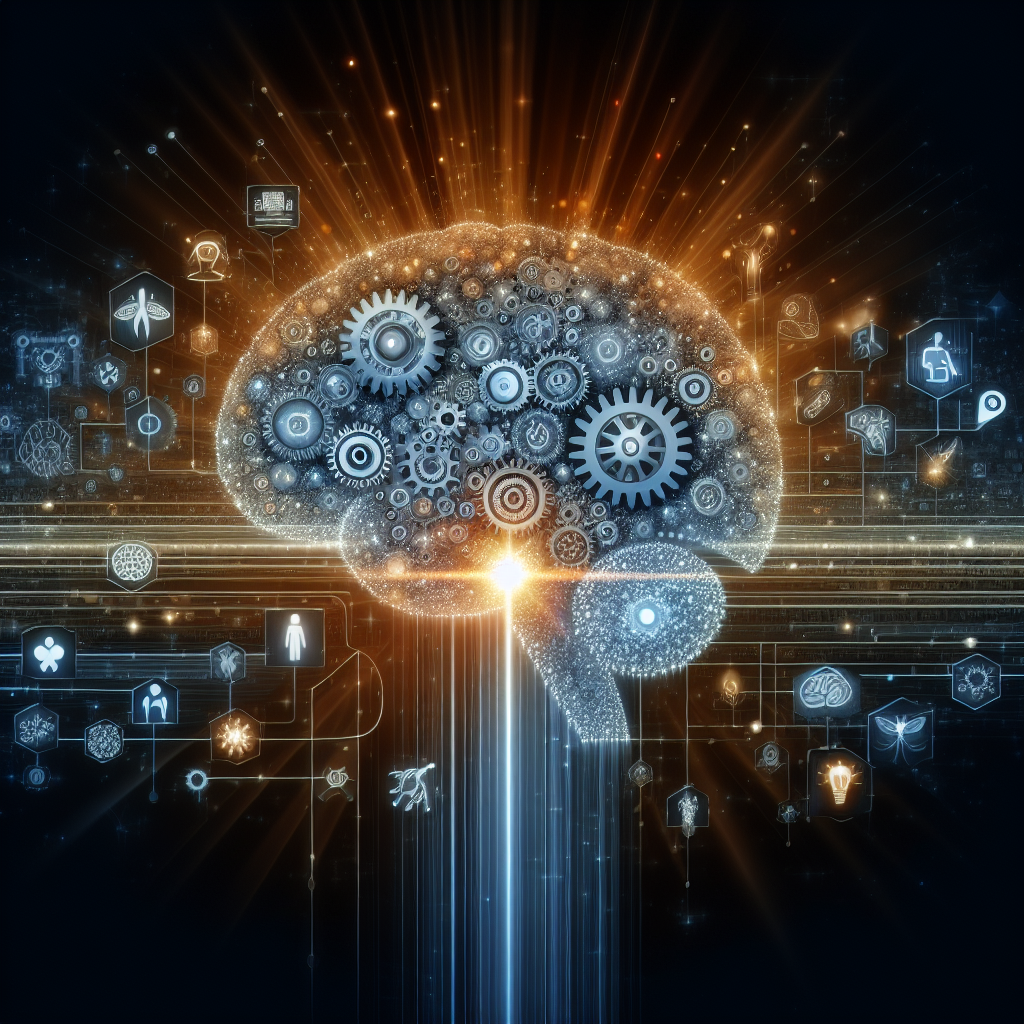Unleashing the Power of AGI: How it Will Transform Society
Artificial General Intelligence (AGI) is a term often used to describe the next evolution of artificial intelligence. Unlike current AI systems, which are designed for specific tasks and lack the ability to generalize across different domains, AGI is meant to possess human-like cognitive abilities, such as reasoning, problem-solving, and learning. The concept of AGI has been the subject of speculation and debate for decades, with many experts predicting that it will have a transformative impact on society. In this article, we will explore the potential implications of AGI and how it could reshape our world in the coming years.
The Power of AGI
The potential power of AGI lies in its ability to perform a wide range of intellectual tasks with human-like proficiency. This includes everything from understanding natural language and making complex decisions to developing new technologies and solving global challenges. AGI could revolutionize industries such as healthcare, finance, transportation, and education, by automating tasks that currently require human intervention and by generating insights that were previously inaccessible.
One of the key advantages of AGI is its capacity for self-improvement. Unlike human intelligence, which is constrained by biological limitations, AGI could rapidly enhance its own capabilities through iterative learning and experimentation. This could lead to exponential growth in intelligence, enabling AGI to tackle increasingly complex problems and to innovate at a pace that far exceeds human capabilities.
Transforming Society
The potential impact of AGI on society is vast and far-reaching. From job displacement to ethical dilemmas, the rise of AGI will pose numerous challenges and opportunities for individuals, organizations, and governments. Here are a few ways in which AGI could transform society:
1. Economic Disruption: The widespread adoption of AGI is likely to disrupt traditional industries and labor markets, as machines increasingly replace human workers in routine tasks. This could lead to job displacement and income inequality, as well as the creation of new job opportunities in high-skilled fields such as data science, engineering, and AI research.
2. Healthcare Revolution: AGI has the potential to revolutionize healthcare by improving diagnostics, personalized medicine, and drug discovery. By analyzing vast amounts of medical data and identifying patterns that human doctors may miss, AGI could enhance patient outcomes and reduce healthcare costs.
3. Environmental Sustainability: AGI could help address pressing environmental challenges, such as climate change, deforestation, and pollution. By analyzing complex environmental data and modeling potential solutions, AGI could guide policymakers and businesses in making more informed decisions that prioritize sustainability and conservation.
4. Global Governance: As AGI becomes more prevalent, questions of governance and regulation will become increasingly urgent. Governments will need to establish clear guidelines for the development and deployment of AGI, to ensure that it is used ethically and responsibly. This may include safeguards against bias, discrimination, and unintended consequences.
FAQs
Q: What is the difference between AGI and narrow AI?
A: Narrow AI refers to AI systems that are designed for specific tasks, such as image recognition, language translation, or playing games. These systems are limited in scope and lack the ability to generalize across different domains. AGI, on the other hand, is meant to possess human-like cognitive abilities and to perform a wide range of intellectual tasks with human-like proficiency.
Q: When will AGI become a reality?
A: The timeline for the development of AGI is uncertain, with predictions ranging from a few decades to a century or more. While significant progress has been made in AI research in recent years, creating a truly general intelligence that can rival human capabilities remains a formidable challenge. Researchers are working on developing new algorithms, architectures, and training techniques to advance the field of AGI, but there is still much work to be done.
Q: What are the ethical implications of AGI?
A: The rise of AGI raises numerous ethical concerns, including issues of bias, privacy, autonomy, and accountability. AGI systems may inherit or amplify the biases of their creators, leading to discriminatory outcomes in decision-making processes. They may also raise questions about the rights and responsibilities of intelligent machines, and the impact of their actions on society. Addressing these ethical challenges will require careful consideration and collaboration among researchers, policymakers, and the public.
In conclusion, the development of AGI has the potential to revolutionize society in ways that are both exciting and challenging. While the power of AGI offers tremendous opportunities for innovation and progress, it also raises important questions about ethics, governance, and the future of work. As we continue to explore the possibilities of AGI, it will be crucial to engage in thoughtful dialogue and to develop frameworks for ensuring that this powerful technology is used for the benefit of all.

